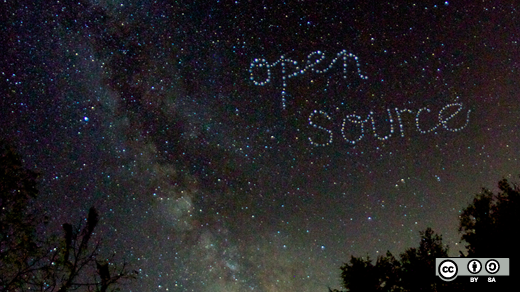The similarities between the plague years 1968 and 2020 are not lost on those of a certain age. Among the reasons is the glimmer of hope and pride provided by the U.S. space program’s rocket launch in the midst of war, social unrest, institutional failure, racial injustice and, now, a pandemic.
The year 1968 was a watershed in American history: The Tet Offensive turned the tide of the Vietnam War, Martin Luther King and Robert F. Kennedy were assassinated within a span of three months. American cities were ablaze. The murder of George Floyd at the hands of Minneapolis police has again ignited American cities in the midst of a pandemic, widespread unemployment and widening inequality.
Fifty-some years ago, NASA made the bold decision to send humans around the moon on Apollo 8. The flight, marking for the first time humans ventured beyond low-earth orbit for another celestial body, was widely viewed at the time as having “saved” 1968. Not only did the mission provide our species a view of our home planet from 238,000 miles away, it also restored our faith in American ingenuity and pride in our technological capabilities.
Something similar occurred over this past weekend of May 2020 when the upstart commercial space company, SpaceX, successfully delivered two astronauts to the International Space Station. It was the first time in nearly a decade that Americans were launched into orbit from American soil — the U.S. at last didn’t hitch a multimillion-dollar ride on a Russian Soyuz spacecraft to the space station.
SpaceX and its mercurial founder Elon Musk have put us back in the space business, demonstrating in front of the entire world a new capability for reaching low-earth orbit. For good measure, SpaceX landed its Falcon 9 booster dead center on a barge in the Atlantic. Re-useable rockets are the first step toward a viable business model for commercial space — $100,000-per-pound to orbit and, eventually, under $1,000 per pound.
The Apollo astronauts and the thousands of engineers who sent them to the moon and back took pride in action, not talk. So far, Musk and his company have done what they said they would do. It’s a remarkable achievement for a private company seeking to operate in an unforgiving business.
The risky and ultimately successful launch of astronauts Robert Behnken and Doug Hurley aboard the Crew Dragon spacecraft and their docking with ISS 19 hours later is a source of pride for a nation torn by political polarization, a pandemic and a wrecked economy.
A successful spaceflight won’t solve our earthly problems, just as Apollo 8 did not change the trajectory of American history in the 1960s. Still, both allowed us for a moment to ponder what we might accomplished if we stick together and work toward a common goal.
If we can rebuild our space program, we sure as hell can rebuild our economy—and our children’s future.
The post Can the SpaceX Falcon 9 launch Save 2020? appeared first on EE Times Asia.
from EE Times Asia https://ift.tt/3eFVEsy


No comments:
Post a Comment
Please do not enter any spam link in the comment box.